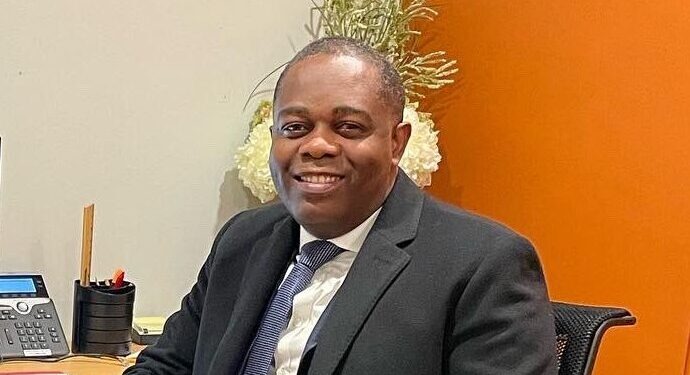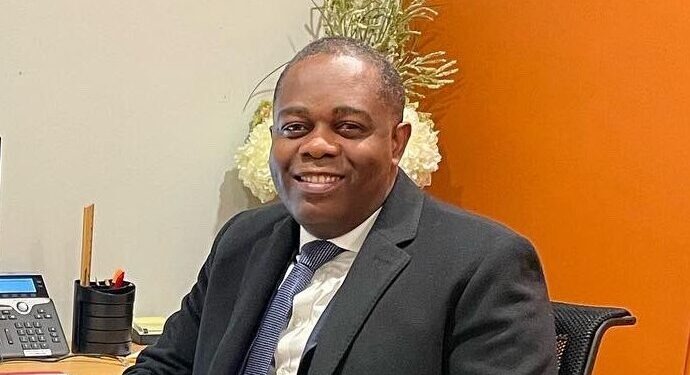The National Health Insurance Authority (NHIA) is intensifying its support for Nigeria’s vulnerable populations by funding Vesicovaginal Fistula (VVF) treatment and enrolling patients in government health insurance programs. This move, announced by NHIA Director-General Dr. Kelechi Ohiri at the Joint Annual Review (JAR) meeting on Thursday in Abuja, is part of a broader effort to …

